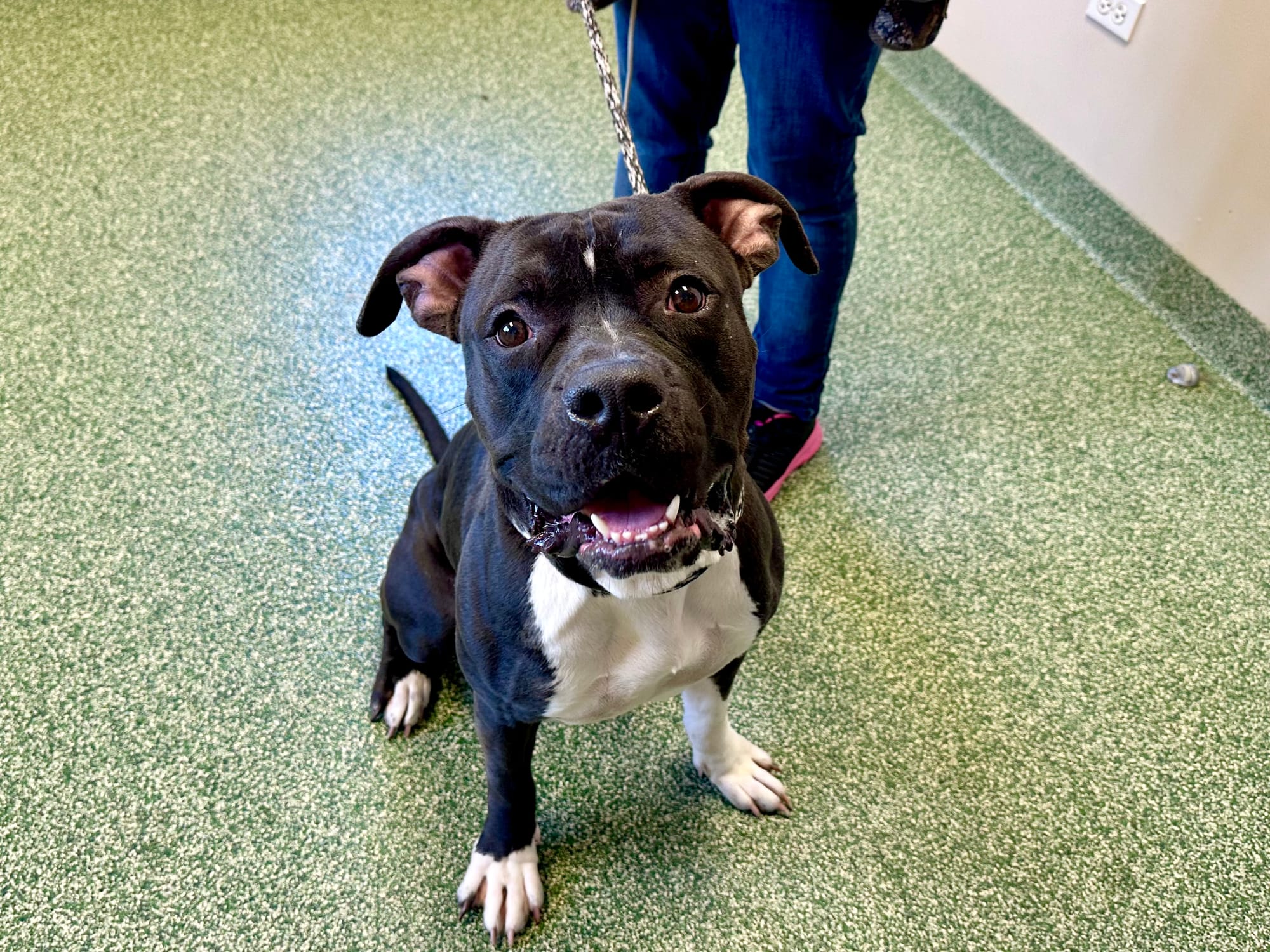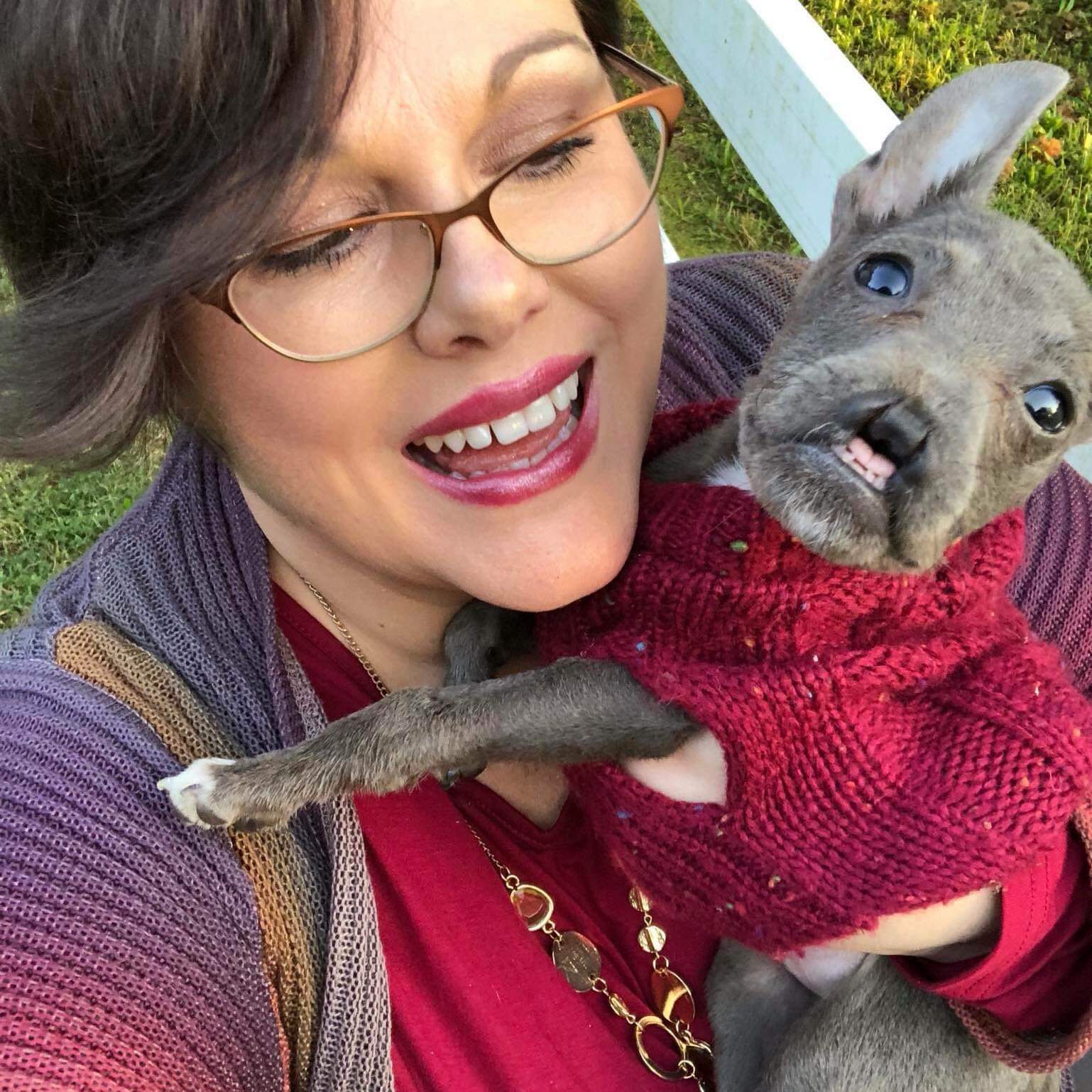Welcome to the ultimate destination for celebrating the unsung heroes of the dog rescue world. At Rescue Spotlight, we're dedicated to highlighting the remarkable journeys of rescue organizations and the incredible individuals behind them.
Whether you seek heartwarming tales of second chances, inspiring stories of rescue missions, or practical insights into the world of dog adoption, you'll find it all here.
Today, we're privileged to interview Angela Hendrix, one of the devoted people behind Mid Missouri Malamute Rescue. You can find a direct link to their Instagram here.
Here is their story:
What inspired you to start or become involved with this rescue organization?
Hendrix: My husband and I have always had a fondness for the Alaskan Malamute breed. Then Decator showed up on our property shot and abandoned by his owners. We nursed him back to health, and he lived out the rest of his life with us on the farm. He was an amazing boy. A true gentle giant, who loved goats, chickens, cats, and would never harm a flea. When he passed, I was heartbroken, and distraught, and didn't want Decator's legacy to end with him. So I thought what a better way to honor him than to save other Malamutes in his name!
Can you tell us about a particularly memorable rescue mission or adoption story that stands out to you?
Hendrix: One named Oscar that went from Southern California to his best life in Vermont snow. That was when we decided to try and home as many of these Northern breeds as far North as we could get them, to cooler climates!
What are some of the biggest challenges you face as a rescue organization, and how do you overcome them?
Hendrix: Finding the right people for the right dog is the hardest. Second challenge is always securing enough donations to cover food, vet visits, and preventatives such as heartwormer, and flea and tick meds, all of these are quite an expense. Especially with large breed dogs.
How do you select the dogs that your organization takes in, and what criteria do you use for adoption?
Hendrix: We are always being bombarded by shelters, cross posters and individuals that need to re-home. It is really hard, because dogs get euthanized daily all over the country. If there's a dog that had a family, but ended up in a shelter no fault of his/her own, and in danger of being euthanized, they are who we look at first. Next are Malamutes, and last but not least we will take in Huskies, although they are not who we started out rescuing. There are just so many in need!
After we have vetted the dog, then we must vet the potential pet parent. We do this by references, vet reference, home visit or video, and finally speaking with the adopter one on one.
In what ways do you work to rehabilitate and socialize dogs before they are adopted?
Hendrix: That is always a challenge! Many of the dogs we rescue have had little to no human contact. They have no idea how to act around people, or even how to behave around food. We have one now we have been working with for almost a year. When she arrived at the rescue, we could not get in a pen with her without being knocked down and mauled (not in a mean way, but she's 120lbs) so interacting with a lot of these guys is a daily, and ongoing endeavor!
What role do volunteers play in your organization, and how can people get involved?
Hendrix: We are in the middle of a transition, from a foster-based rescue, to a sanctuary facility with most of our dogs being on site. This will entail building a structure, multiple play areas, and large fenced-in free roam areas. Then we will be able to utilize volunteers here at the rescue!
Can you share some success stories of dogs who were once in your care and have now found loving forever homes?
Hendrix: I mentioned Oscar. Our first out of state rescue was Zeus, a big red Malamute that went to New Mexico. Then there was Ricky, who was someone's dog his entire life when he tragically ended up in a kill shelter. Luckily a great adopter in Northern MN opened his heart and his home to him. In less than a week Ricky went from a family dog, to a shelter dog, to a beloved pet once again!
How does your organization collaborate with other rescues, shelters, or animal welfare organizations?
Hendrix: Mainly online at the present time.
What initiatives or programs does your rescue have in place to promote responsible pet ownership and prevent pet homelessness?
Hendrix: We are always advertising spay and neuter and offer to even help some get low-cost spay or neuter if they do not have access or transportation. ...Of Course everyone who leaves here, leaves fixed and chipped!
Looking ahead, what are your organization's goals and aspirations for the future?
Hendrix: Short term is to get transitioned to a facility-based rescue. Long term we want to find a way to incorporate saving Malamutes and Huskies with helping military veterans. Where veterans can help care for and train service dogs for other veterans.

